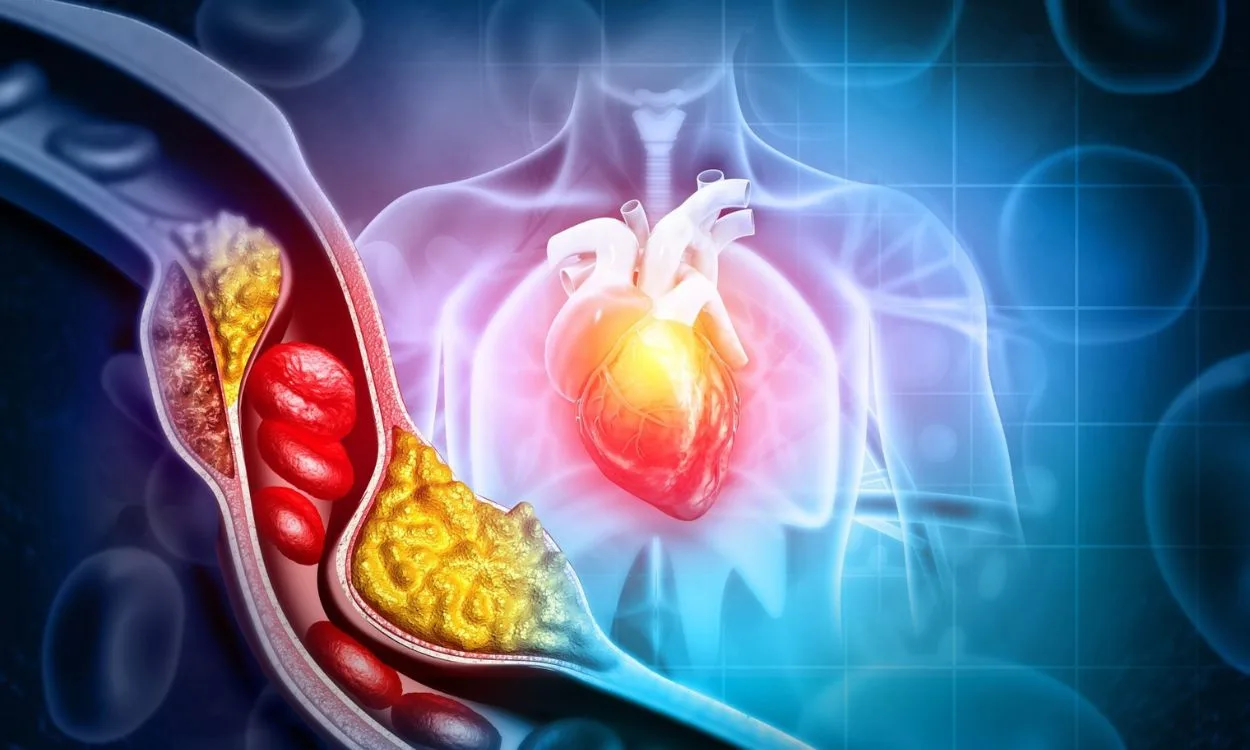How Does Weight Management Impact Cholesterol and Triglycerides?
Maintaining a healthy weight is not only important for our physical appearance but also for our overall health. One aspect of our health that is significantly influenced by weight management is our cholesterol and triglyceride levels. In this article, we will explore the relationship between weight management and cholesterol/triglycerides and understand how achieving a healthy weight can positively impact our cardiovascular health.
The Connection Between Weight and Cholesterol/Triglycerides
1. High Body Weight and Cholesterol Levels
Carrying excess weight, especially around the abdominal area, has been linked to elevated cholesterol levels. This is because excess body fat can increase the production of LDL (bad) cholesterol and decrease the production of HDL (good) cholesterol. LDL cholesterol can clog our arteries and increase the risk of heart disease, while HDL cholesterol helps remove LDL cholesterol from our bloodstream.
2. Obesity and Triglyceride Levels
Obesity is closely associated with high triglyceride levels. Triglycerides are a type of fat found in our blood and are influenced by our diet and lifestyle choices. When we consume more calories than our body needs, the excess calories are converted into triglycerides and stored in fat cells. Having high levels of triglycerides in our blood can increase the risk of heart disease and other health complications.
3. Weight Loss and Cholesterol/Triglycerides
The good news is that losing weight can have a positive impact on our cholesterol and triglyceride levels. When we shed those extra pounds, our body tends to reduce the production of LDL cholesterol and increase the production of HDL cholesterol. This shift helps in improving our overall cholesterol profile and reducing the risk of heart disease.
Weight loss also has a significant effect on triglyceride levels. Losing weight helps reduce the amount of stored triglycerides in our fat cells, leading to a decrease in triglyceride levels in our bloodstream. By managing our weight effectively, we can bring our triglyceride levels within a healthier range and reduce the risk of cardiovascular issues.
Weight Management Strategies for Improving Cholesterol and Triglycerides
1. Balanced Diet
To achieve weight loss and improve cholesterol/triglyceride levels, it is essential to follow a balanced and nutritious diet. Focus on consuming a variety of fruits, vegetables, whole grains, lean proteins, and healthy fats. Limit the intake of saturated and trans fats, cholesterol-rich foods, sugary snacks, and processed foods. Opt for cooking methods like baking, grilling, or steaming instead of frying.
2. Regular Physical Activity
Incorporating regular physical activity into your routine is crucial for weight management and cardiovascular health. Engage in activities like brisk walking, jogging, cycling, swimming, or any form of exercise that you enjoy. Aim for at least 150 minutes of moderate-intensity aerobic activity or 75 minutes of vigorous-intensity aerobic activity every week. Additionally, include strength training exercises to build muscle and improve metabolism.
3. Portion Control and Mindful Eating
Practicing portion control and mindful eating can help manage weight and control cholesterol/triglyceride levels. Pay attention to portion sizes, listen to your body’s hunger and fullness cues, and avoid eating in front of screens. Eat slowly, savor each bite, and focus on the taste and texture of the food. This approach can prevent overeating and promote a more mindful relationship with food.
4. Stress Management
Chronic stress can contribute to weight gain and negatively impact cholesterol and triglyceride levels. Engage in stress-management techniques such as meditation, yoga, deep breathing exercises, or any activity that helps you relax and reduce stress levels. Prioritizing self-care and finding healthy ways to cope with stress can support your weight management journey and improve cardiovascular health.
Fitpaa: Your Partner in Achieving Weight Management Goals
If you’re looking for a comprehensive and personalized approach to weight management, Fitpaa is here to help. Fitpaa offers an end-to-end AI-driven metabolism monitoring and management technology that can assist you in achieving your health and fitness goals. With Fitpaa, you get access to a dedicated team of fitness coaches, nutritionists, and doctors who will create a personalized Fitpaa Capsule based on your metabolism, lifestyle, and goals.
The Fitpaa Capsule combines medical therapy, exercise therapy, nutrition therapy, and cognitive behavioral therapy to optimize your metabolism and ensure guaranteed results. By following your Fitpaa Capsule and utilizing the Fitpaa mobile app, you can easily track your progress, receive real-time guidance, and stay motivated throughout your weight management journey.
Remember, your well-being is Fitpaa’s mission, and they promise to work tirelessly to help you achieve your goals. Download the Fitpaa app today and experience the joy of taking control of your health and achieving your weight management goals.
In conclusion, weight management plays a vital role in impacting cholesterol and triglyceride levels. By maintaining a healthy weight through a balanced diet, regular physical activity, portion control, and stress management, you can improve your cardiovascular health. Fitpaa provides a holistic and personalized approach to weight management, making it easier for you to achieve your goals and lead a healthier life.
Download the Fitpaa app now and embark on your journey towards a healthier you!









